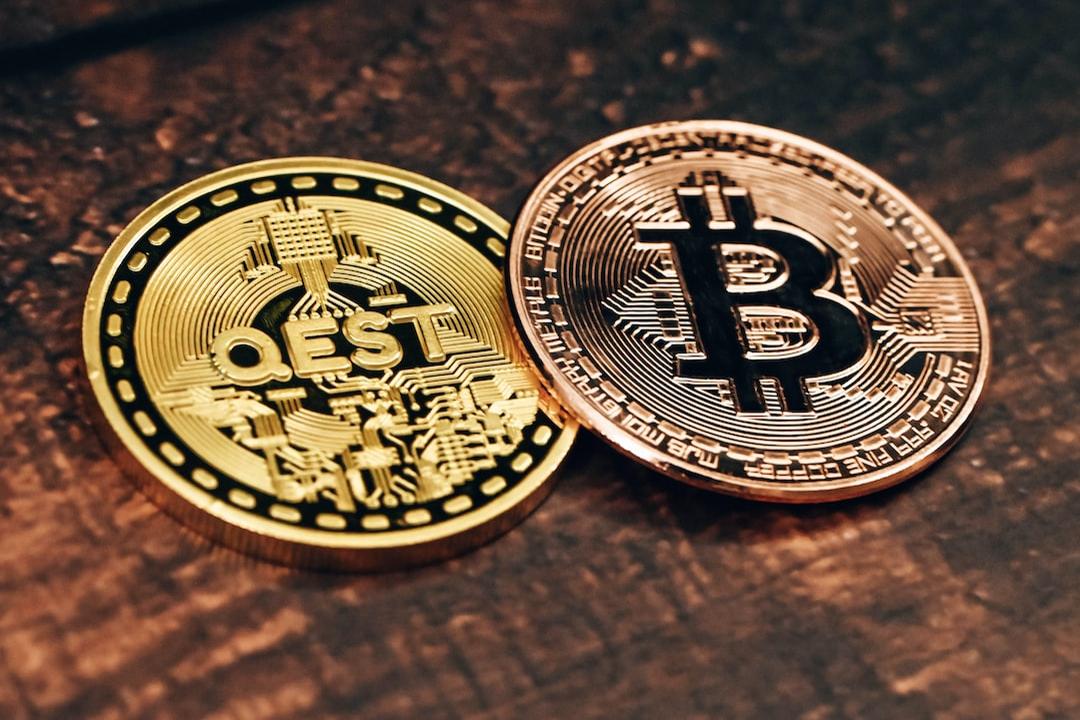Fake Collaboration, Real Traffic Flow?
In the Web3 space, rumors about partnerships between major corporations always attract significant attention. Recently, the “strong collaboration” between Soneium and LINE in Web3 business became a hot topic in the industry, sparking widespread discussions. However, with the official clarification from LINE’s Web3 platform Dapp Portal, this seemingly intense partnership was confirmed to be a false rumor.
At the same time, LINE’s Mini Dapp ecosystem is beginning to take shape, and Soneium is actively expanding its presence in blockchain gaming. Whether the development paths of the two companies will truly intersect remains a key focus of attention.
Entertainment and Social Giants’ “Strong Collaboration” in Web3 Turns Out to Be a False Rumor
Recently, there were reports claiming that LY Corporation and another company had announced a “partnership” based on LINE’s Web3 business. However, LY Corporation has confirmed with LINE NEXT that no such deal or relationship exists.
On March 14th, LINE’s Web3 platform Dapp Portal issued a statement on social media to clarify that the widely circulated news about a “giant collaboration” between Sony’s blockchain Soneium and LINE in the Web3 field is not true. LY Corporation mentioned in the statement is LINE’s parent company, while LINE NEXT is LINE’s subsidiary focused on Web3, the company that launched the Dapp Portal service.
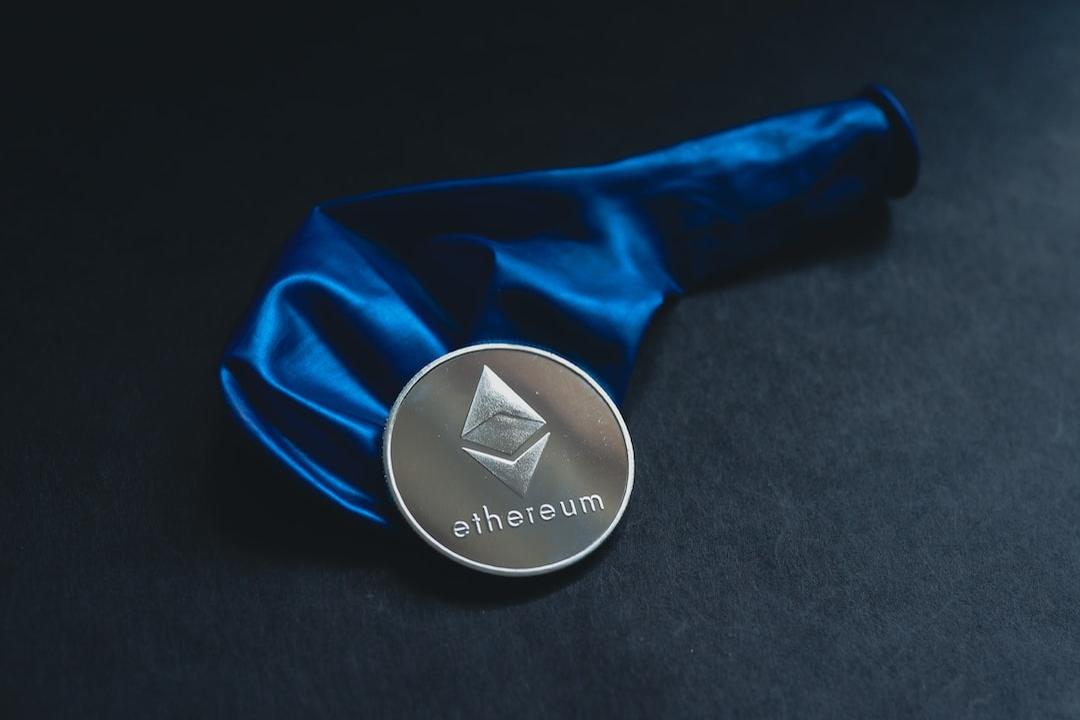
Dapp Portal further pointed out that even in another company’s announcement, the term “partnership” was never used. This is indeed the case, as Soneium’s official statement on the X platform said: “LINE Mini-Apps will soon be available on Soneium,” claiming to bring LINE Mini-Apps onto the blockchain, connecting with LINE’s 200 million active users, with developers benefiting from Soneium’s support.
However, in Soneium’s official blog, it stated, “We are working with LINE to bring four successful Mini-Apps onto the blockchain in the coming months,” and the accompanying images were similar to those found in most official partnership announcements, which led many media outlets and KOLs to mistakenly believe that a partnership had been established. Additionally, Sota Watanabe, founder and CEO of Astar Network, which is closely associated with Soneium, reposted media reports on X, commenting, “This partnership marks a new chapter for Web3, bringing us one step closer to mainstream adoption!”

1kx partner Peter (@pet3rpan_) expressed dissatisfaction after Dapp Portal’s clarification, quoting Soneium’s statement: “This statement is completely incorrect and severely distorts the facts. There is no official partnership between the two parties.” He also questioned Sota Watanabe for an explanation.
Although Soneium has not yet reached an official partnership with LINE, it is clear that their strategy to leverage LINE’s 200 million active users and expand their ecological influence through social gaming is well-aimed. Especially considering LINE’s own impressive achievements in the Web3 field, the platform has become an important testbed for Soneium’s “going mainstream (GM with Soneium)” plan.
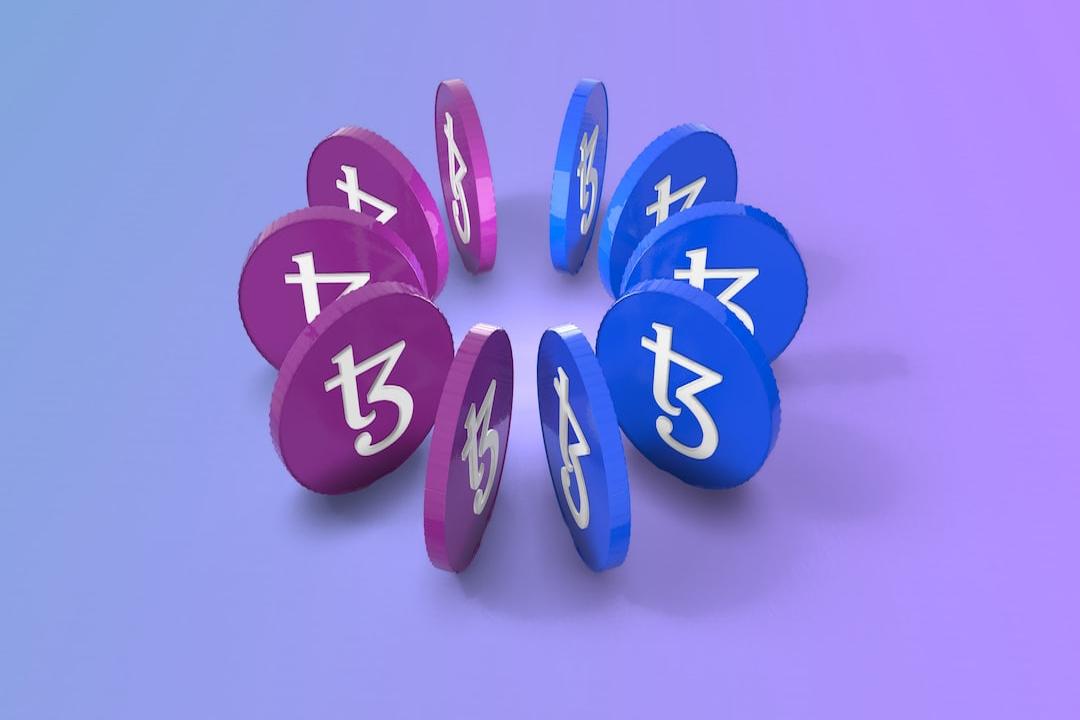
LINE Platform Effect Begins to Show Results: Mini Dapp Gains 35 Million Users in Its First Month
In January this year, LINE officially launched Mini Dapp, claiming that the user base exceeded 35 million within just one month, with most users coming from Japan, Taiwan, Thailand, and South Korea, regions with high LINE penetration. Mini Dapp is exclusively supported by the Kaia blockchain technology, and users can access it directly through LINE Messenger’s Dapp Portal official account without needing to download a separate app.
According to Dapp Portal data, as of March 14th, LINE had launched 52 Mini Dapps, among which games such as Elderglade, Frog Defense, Web3.0 PvZ, and Slime Miner had reached over 2 million players. When LINE NEXT officially launched Mini Dapp, they also stated that the goal was to launch over 1,000 projects by 2025.
Thanks to LINE’s platform effect, within just one month of launch, the number of new wallets created in the Dapp Portal ecosystem exceeded 3 million, pushing the overall wallet count on the Kaia network to grow by about 1168%. The monthly transaction volume of the Kaia ecosystem increased by 124%, reaching 27.38 million transactions. The number of on-chain active users also grew by 252%, reaching 8.1 million. LINE stated that the average spending per buyer was about $39, with 32% of Dapp purchases made via credit cards or other non-virtual assets, indicating that some users unfamiliar with virtual assets are also actively entering the Web3 space.
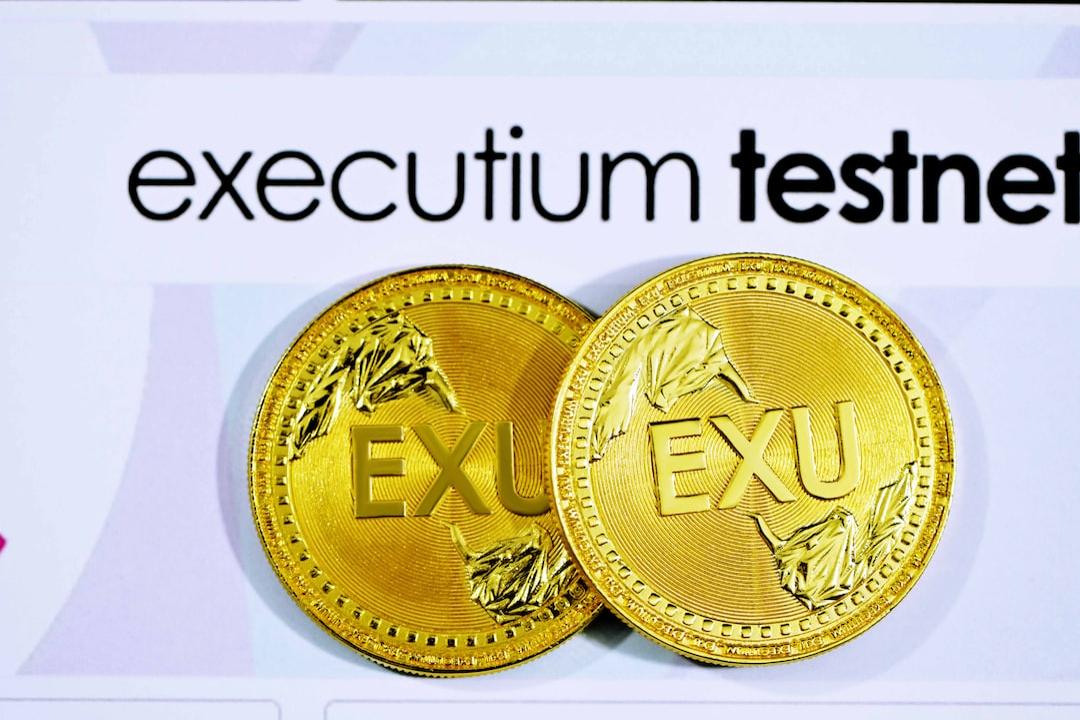
It’s worth mentioning that when HTML5 games became a trend in social software, LINE launched its game service “LINE QUICK GAME,” which also allowed users to play games directly within the LINE app without needing to install specific apps. This service was launched in September 2018, offering 24 easy-to-play games, and within a month, the number of users surpassed 3 million. Two years later, due to poor market feedback, “LINE QUICK GAME” was discontinued, with LINE explaining that it needed to focus management resources on other areas of its gaming business.
However, with the development of blockchain technology and the demonstration effect of Telegram last year, LINE has now found a new direction and, together with Dapp Portal, has made a promising start. Its future development is also worth anticipating. This is why Soneium is targeting LINE as a platform to expand its ecosystem.
Soneium’s TVL Exceeds $80 Million, Plans to Launch Four Mini-Games on LINE
In the past month, although the cryptocurrency market has been sluggish, with the total market capitalization shrinking, some projects have still shown outstanding performance—besides LINE’s Dapp Portal, Sony’s Soneium has also been rapidly developing.
According to DefiLlama data, as of March 15th, the TVL (Total Value Locked) of Soneium, a Layer 2 scaling solution, had reached $80 million, specifically $83.08 million. Its TVL grew by 90% in February, with nearly a 24% increase in the past week. Additionally, as an important indicator of ecological prosperity, Soneium’s decentralized exchanges have also grown rapidly, with Sonex, Kyo Finance, and Velodrome’s TVLs increasing by 1504%, 429%, and 125%, respectively, in the past month.

Given Sony’s influence in the traditional electronic entertainment industry, it is not surprising that Soneium achieved the above growth. However, to achieve its goal of “going mainstream (GM with Soneium),” entertainment-based gaming business may be the most effective way. According to Soneium’s disclosure, the first batch of four mini-games integrated with Soneium and planned to be launched on LINE will be officially launched in the coming months:
- Sleepagotchi LITE: A simplified version of the Sleepagotchi Sleep Rewards app designed for iOS and Android, developed by the creators of the NFT gaming protocol Aavegotchi. The game provides a casual gaming experience without requiring users to track their sleep data. Since its launch, Sleepagotchi LITE has garnered significant attention on Telegram, attracting 1 million users within a month and becoming one of the top-grossing apps.
- Farm Frens: A farming-themed game developed by Amihan Entertainment, a game development company that has raised $10.5 million and launched the tower defense game Everseed. The development team has members who have worked on popular games such as League of Legends, Hearthstone, and MapleStory. Farm Frens first went viral on Telegram in 2024 and became the number one ranked game on the platform.
- Moonveil – Puffy Match: A mini-game developed by Moonveil.gg, a Web3 gaming platform focused on AI-driven infrastructure. The game features fast-paced gameplay designed to foster community interaction and encourage participation through reward-based mechanisms.
- Pocket Mob: A social strategy RPG developed by Sonzai Labs. The game offers highly interactive gameplay where players compete for respect points in mafia-style battles, with the chance to win NFT rewards.
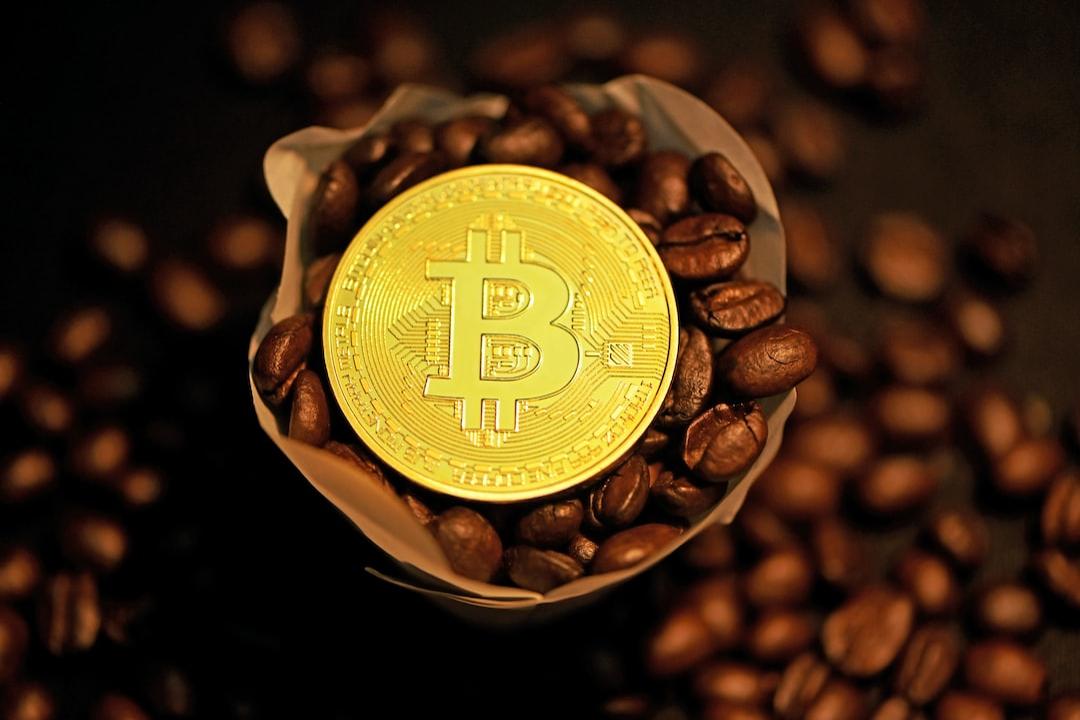
However, these four games have not yet been launched, and it remains uncertain whether they will truly be implemented.
In January this year, Telegram announced that TON would become the sole blockchain infrastructure for its Mini App ecosystem, stopping support for all other blockchains. While LINE has not yet mentioned blocking blockchains other than Kaia, as Kaia is a Layer 1 blockchain jointly developed by LINE and Kakao, it is not impossible that they will establish “platform barriers” to support the development of their own ecosystem in the future.
In fact, LINE and Kaia seem to have already started signaling this—on March 14th, Dapp Portal released a major update, announcing the upcoming launch of Mini Dapp V2. Kaia quoted this tweet and stated, “Hasn’t the big event already happened? It’s LINE’s Dapp Portal, exclusively supported by Kaia.” Dapp Portal then retweeted Kaia’s comment.
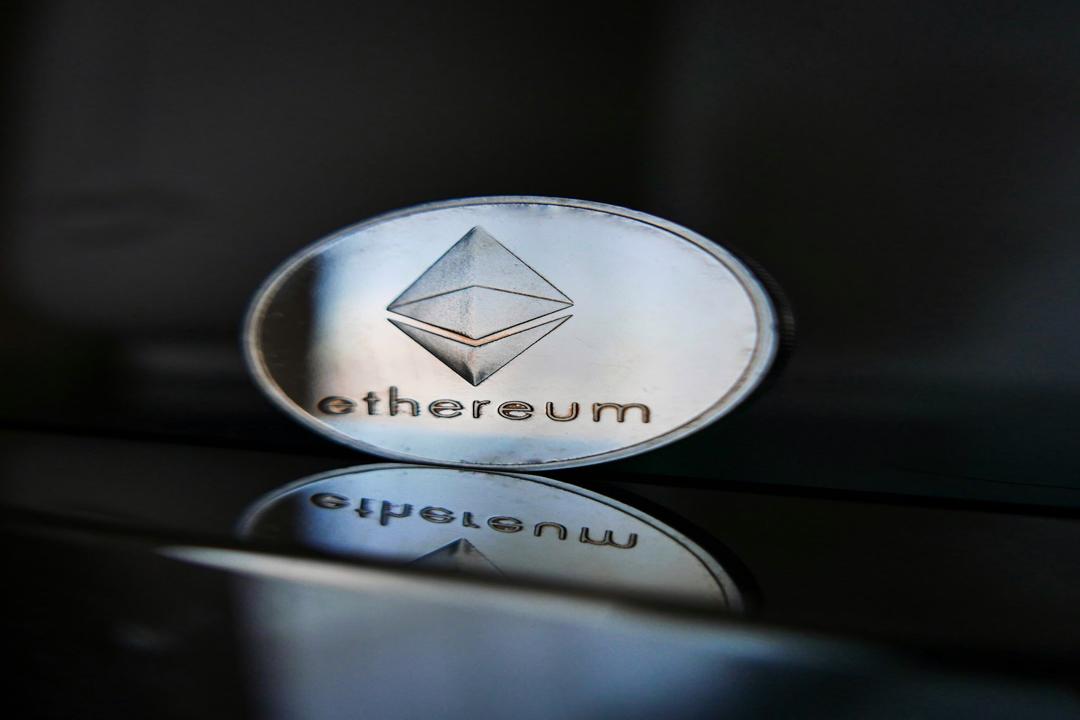
This article is a collaborative repost from PANews.

